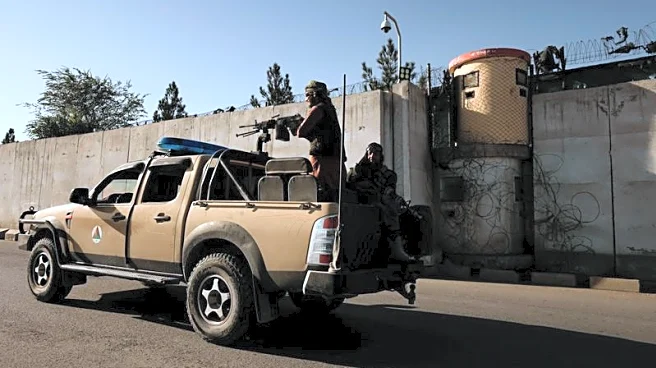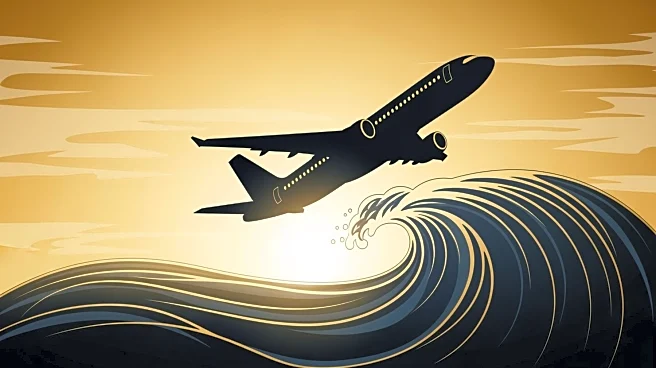By Emma Farge
GENEVA (Reuters) -The United Nations Human Rights Council will decide on Monday on an EU proposal to set up a U.N. investigation into abuses in Afghanistan, which could enable criminal investigations
into suspected violations by both the Taliban and foreign troops.
The European Union motion calls for investigators to prepare evidence for future court proceedings and is among the strongest form of U.N. rights probe, on par with existing investigations into crimes in Syria and Myanmar.
The United States, which had troops in Afghanistan until 2021 within a NATO coalition, has previously opposed scrutiny of its actions, for example, by the International Criminal Court, but backed research into suspected Taliban violations.
President Donald Trump has disengaged from the council and did not take a stance in these negotiations, diplomats said. However, a State Department spokesperson said: "Under the leadership of President Trump, the United States government will not tolerate international organizations that attempt to exert unlawful jurisdiction over American troops."
Fereshta Abbasi, Afghanistan researcher at Human Rights Watch, called the launch a "significant step that could break a decades-long cycle of impunity".
"If it gives just one regional commander pause for thought on committing violations because he knows there is a case file open, then it's worth it."
COMPREHENSIVE PROBE
For years, both Afghan and international rights groups have sought such a probe. Calls have become louder as the Taliban tightened restrictions on women and freedom of expression.
The Taliban authorities say they respect rights in line with their interpretation of Islamic law.
The new investigation would cooperate with an existing ICC probe. The ICC has previously indicated it would deprioritise suspected crimes by U.S. forces after Trump imposed sanctions in 2020 over its Afghanistan work.
While the EU proposal does not mention abuses by international troops, it is described as comprehensive and has no time limit, meaning it could address these, diplomats said.
Investigations launched by the 47-member council can lead to war crimes prosecutions. Some countries which sent troops to Afghanistan, such as Britain and Australia, have initiated inquiries but prosecutions have been rare.
It was not immediately clear if states would vote on the proposal, also backed by Ukraine, Norway and South Korea.
China has raised doubts about the probe's costs and whether it would help improve local rights, diplomats said.
China's diplomatic mission did not respond to a request for comment.
(Reporting by Emma Farge; Additional reporting by Olivia Le Poidevin in Geneva and Stephanie Van Den Berg in The Hague)









